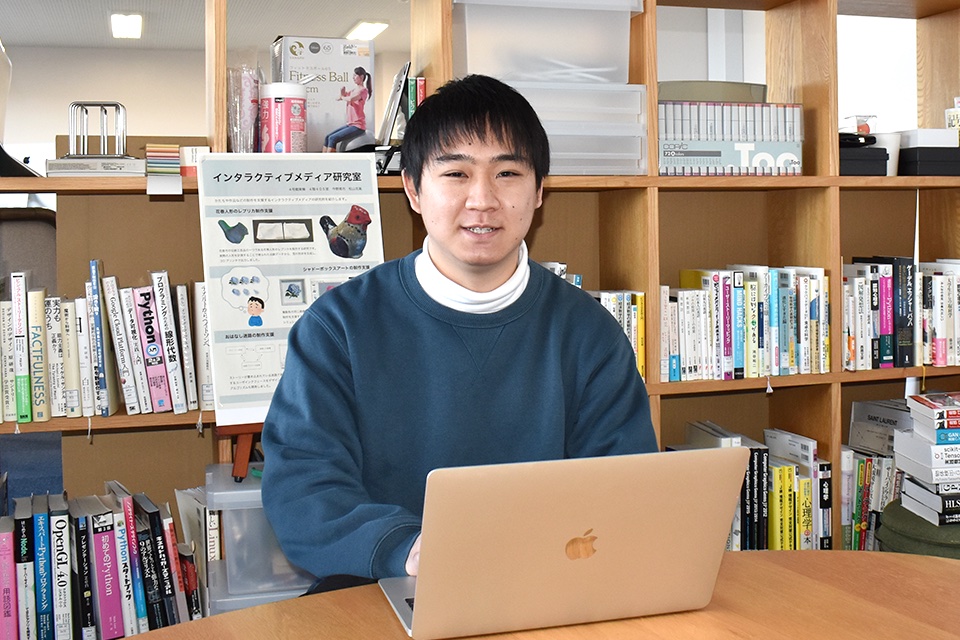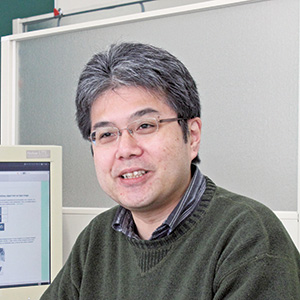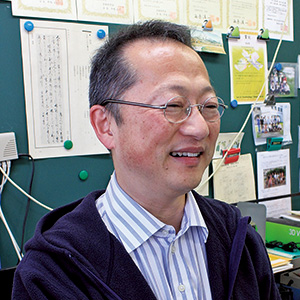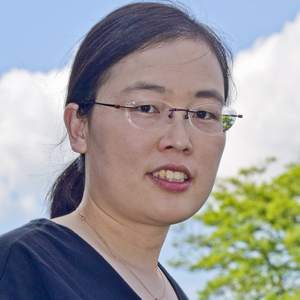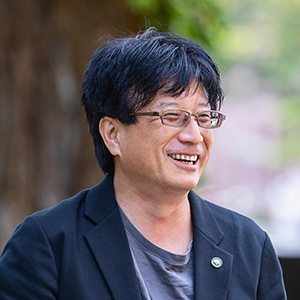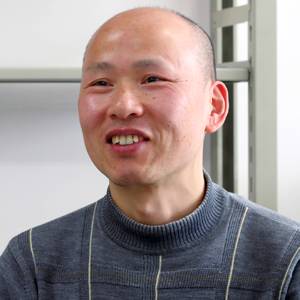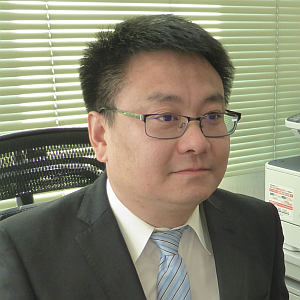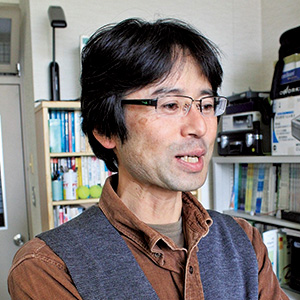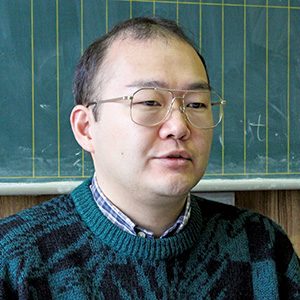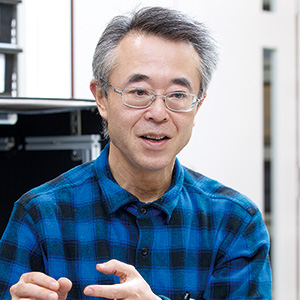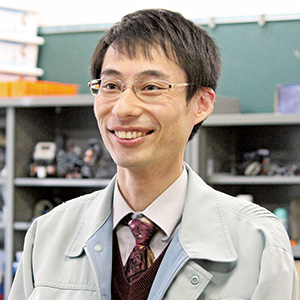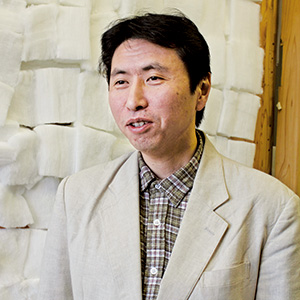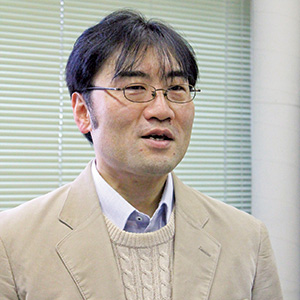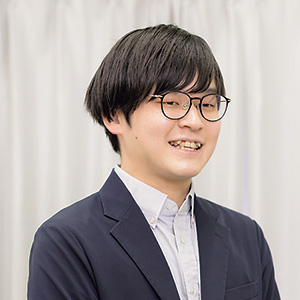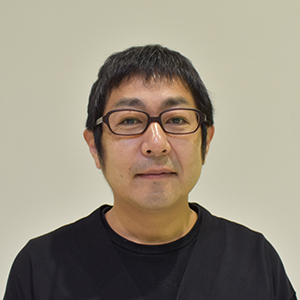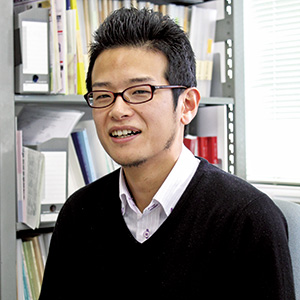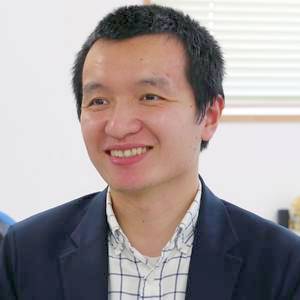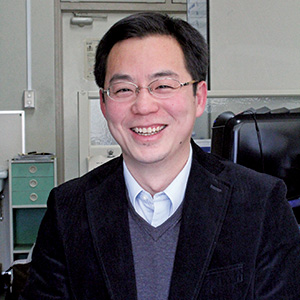Intelligent information engineering, media information engineering and information design based on computer science
This is what is great about this course!
This course is based on the Department of Computer Science and Engineering, Faculty of Engineering, Iwate University, which was established in 1975, the earliest specialized educational organization in the Tohoku region, and has produced several presidents of major Japanese companies.
Students can study not only Intelligent Information Technology and Media Information Technology, but also a wide range of information design. In addition, the curriculum is designed so that students may obtain a teaching license for the information subject of high schools.
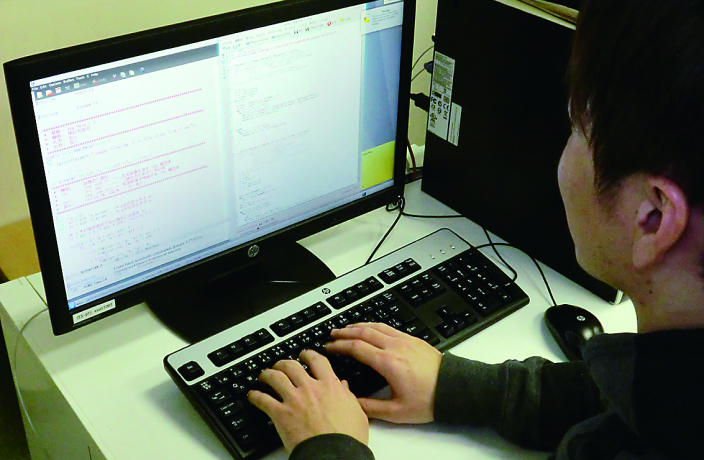
What is the course of study (and how is it applied to society)?
We conduct research in the “Intelligent Information Engineering” field related to advanced information processing systems and the “Media Information Engineering” field related to media information systems such as computer graphics and acoustics.
For example, the following research themes are available
Research Theme 1
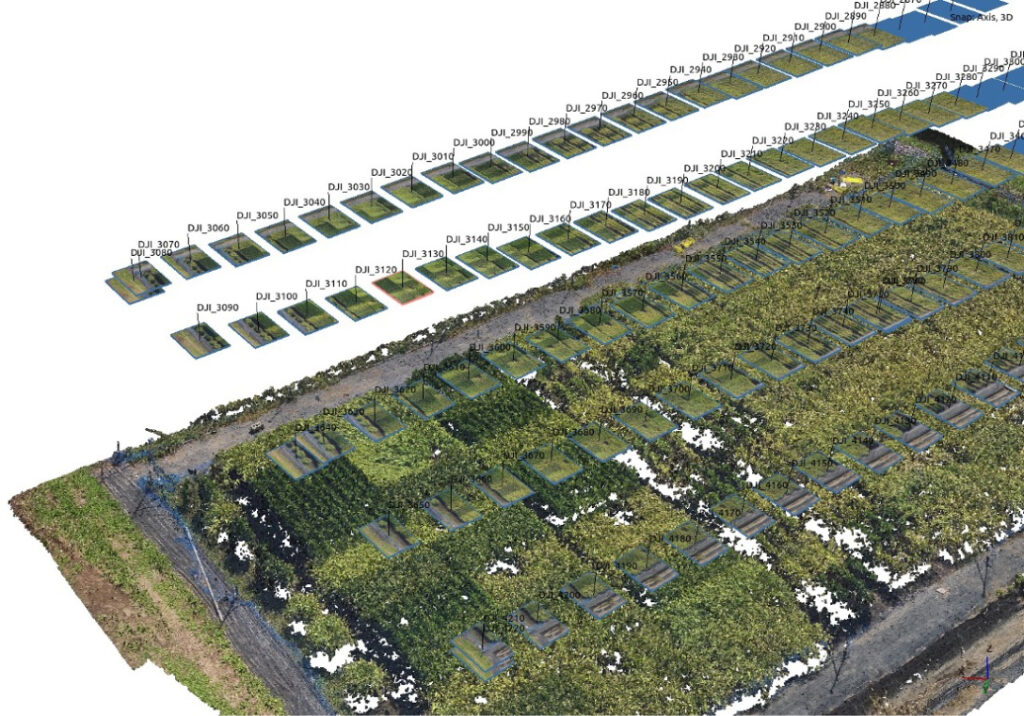
Applications of image processing and machine learning in agricultural sciences
Keywords.
Image recognition, machine learning, drones, aerial video, 3D reconstruction
Research Theme 2

A New Computational Paradigm
Keywords.
Quantum computers, edge AI, logic optimization algorithms, VLSI logic design, fault testing of digital systems
Research Theme 3
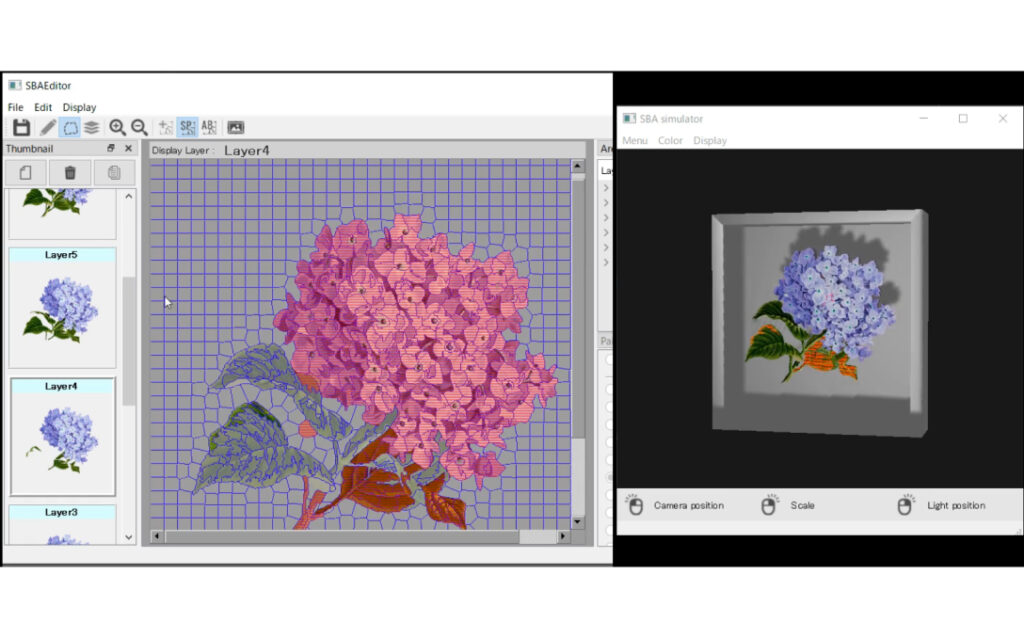
Design and implementation of tools to support the creation of artwork
Keywords.
Interactive systems, user interface design, information visualization, computer graphics
Research Theme 4
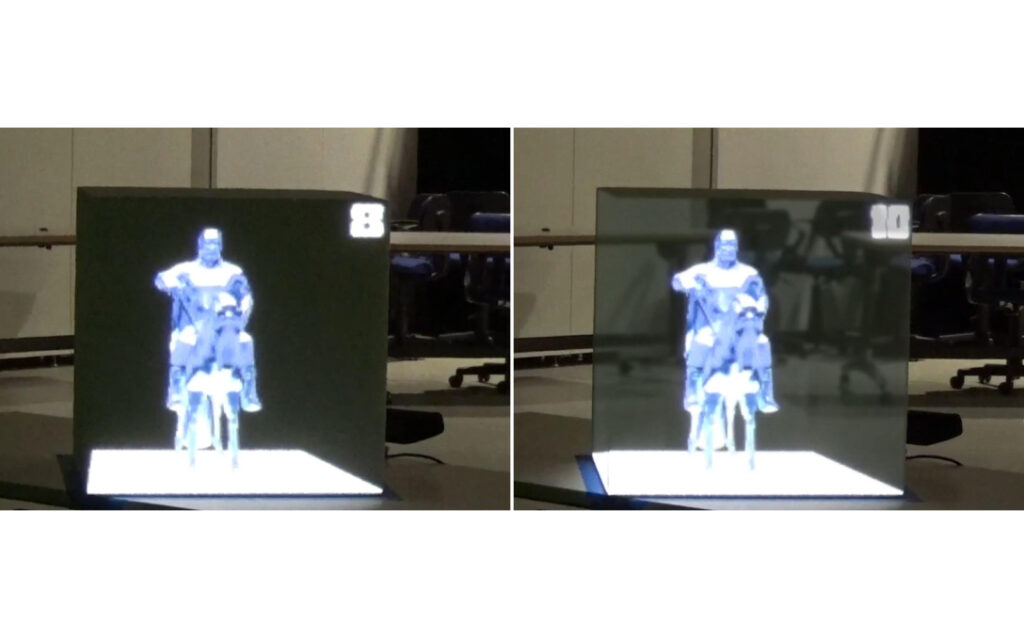
Projection Mapping
Keywords.
Image generation, image projection, computer graphics, image processing, computer entertainment
What can I learn and how can I grow?
Each aims to develop the following human resources
Computer and Information Science
Human resources who have knowledge of computer science, including the fundamentals and applications of artificial intelligence, data science, and network technology, and who can use this knowledge to solve problems in the real world.
Creative Informatics
Human resources who have knowledge related to information design, human interface, computer graphics, etc. and can solve real-world problems using creative thinking and information technology.
What are the expected career paths after graduation?
Personnel with expertise in information systems and information media are needed in all fields and occupations.
Therefore, a high employment rate can be expected in the future.
- IT media related
- Information and Communication
- Electrical & Electronics
- Automotive
- Service industry related
- high-school teacher
- public servant
- Graduate School Enrollment, etc.



